How To Repair Camera Lens Scratches ?
There are a few methods to repair camera lens scratches, depending on the severity of the scratch. For minor scratches, you can try using a microfiber cloth and a small amount of toothpaste or baking soda mixed with water to gently buff the scratch in a circular motion. Another option is to use a specialized lens cleaning solution and a lens cleaning cloth to gently clean the lens.
For deeper scratches, it may be necessary to use a lens repair kit or take the lens to a professional repair service. These kits typically include a polishing compound and a buffing wheel that can be attached to a drill or rotary tool to buff out the scratch. However, it is important to use caution when using these kits, as over-polishing can cause further damage to the lens.
Prevention is also key in avoiding scratches on camera lenses. Always use lens caps when not in use, avoid touching the lens with your fingers, and use a protective filter on the lens to minimize the risk of scratches.
1、 Polishing with toothpaste
Polishing with toothpaste is a popular method for repairing camera lens scratches. To do this, you will need a soft cloth, toothpaste, and water. First, clean the lens with water and a soft cloth to remove any dirt or debris. Then, apply a small amount of toothpaste to the lens and use the cloth to gently rub the toothpaste in a circular motion. Be sure to avoid applying too much pressure, as this can cause further damage to the lens. After a few minutes of polishing, rinse the lens with water and dry it with a clean cloth.
While this method can be effective for minor scratches, it is important to note that it may not work for deeper scratches or cracks. Additionally, some experts caution against using toothpaste on camera lenses, as it can contain abrasive particles that can scratch the lens further. Instead, they recommend using a specialized lens cleaning solution or taking the lens to a professional for repair.
In conclusion, while polishing with toothpaste may be a quick and easy solution for minor camera lens scratches, it is important to use caution and consider other options for more serious damage.
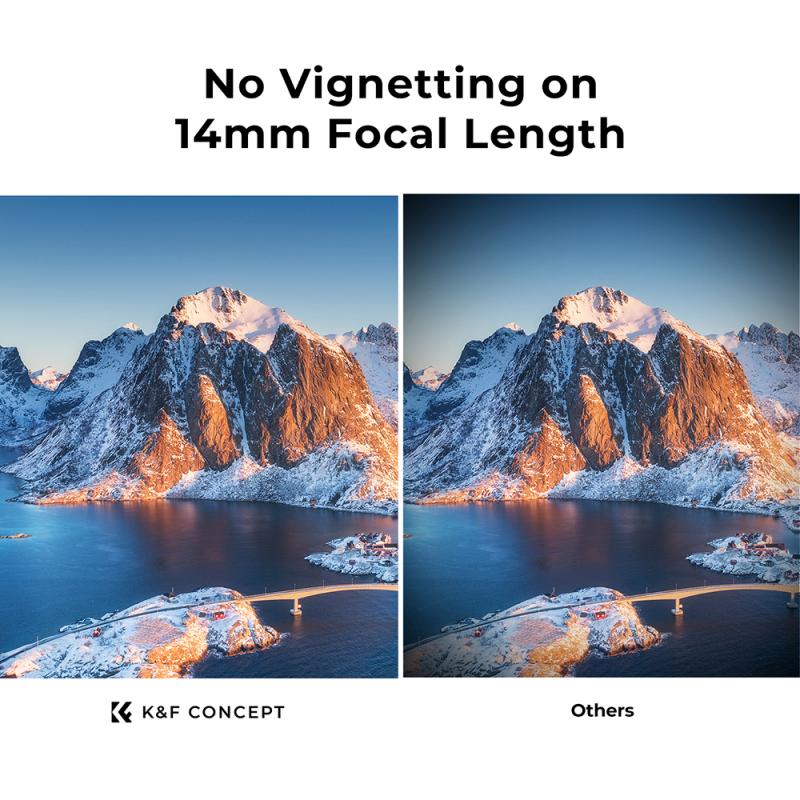
2、 Using baking soda and water
Using baking soda and water is one of the most effective ways to repair camera lens scratches. This method is particularly useful for minor scratches that do not penetrate the lens coating. Here's how to do it:
1. Mix a small amount of baking soda and water to create a paste. The consistency should be similar to toothpaste.
2. Apply the paste to the scratched area of the lens using a soft cloth or cotton swab. Be sure to cover the entire scratch.
3. Gently rub the paste into the scratch using circular motions. Be careful not to apply too much pressure, as this can cause further damage to the lens.
4. After a few minutes of rubbing, wipe away the paste with a clean, damp cloth.
5. Inspect the lens to see if the scratch has been removed. If not, repeat the process until the scratch is no longer visible.
It's important to note that this method may not work for deep scratches or scratches that have penetrated the lens coating. In these cases, it's best to take your camera to a professional for repair.
Additionally, some experts caution against using baking soda on camera lenses, as it can be abrasive and potentially damage the lens further. It's always best to proceed with caution and consider seeking professional help if you're unsure about repairing your camera lens scratches.
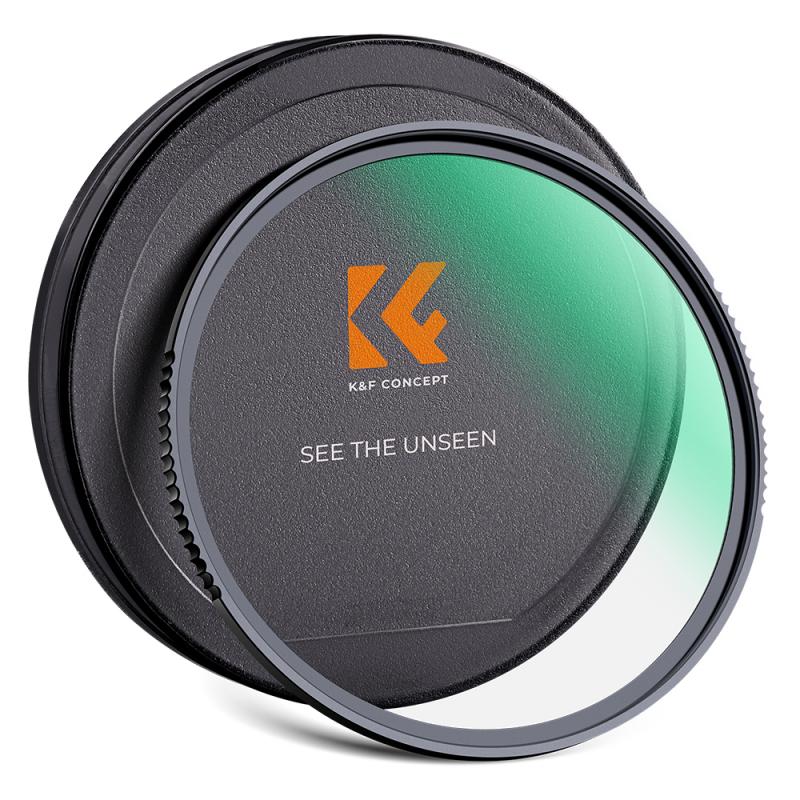
3、 Applying a scratch remover solution
One effective method is by applying a scratch remover solution. This solution is specifically designed to remove scratches from camera lenses and can be easily found in camera stores or online.
To use the scratch remover solution, first, clean the lens with a microfiber cloth to remove any dirt or debris. Then, apply a small amount of the solution onto the lens and use a clean microfiber cloth to gently rub the solution onto the scratched area in a circular motion. Continue rubbing until the scratch is no longer visible.
It is important to note that not all scratches can be completely removed with a scratch remover solution. Deep scratches or those that have damaged the lens coating may require professional repair or replacement of the lens.
Additionally, it is important to use caution when applying the solution and to follow the manufacturer's instructions carefully. Overuse or improper application of the solution can potentially damage the lens further.
In the latest point of view, some photographers also recommend using toothpaste as a DIY scratch remover solution. However, it is important to note that toothpaste can be abrasive and may cause further damage to the lens if not used properly. It is always best to use a solution specifically designed for camera lens scratches.
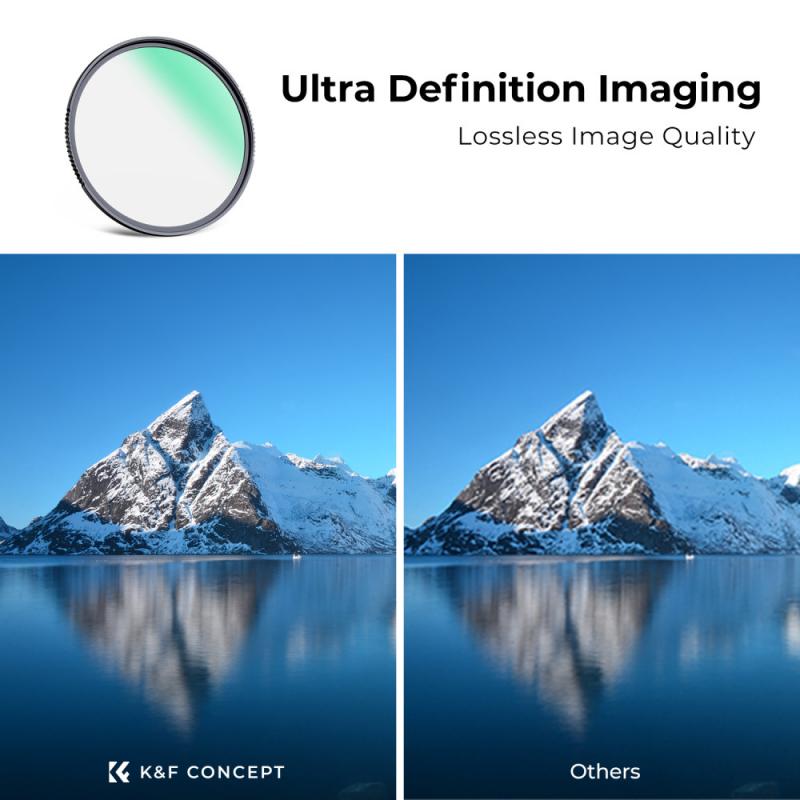
4、 Using a microfiber cloth and rubbing alcohol
Using a microfiber cloth and rubbing alcohol is a popular method for repairing camera lens scratches. This method involves gently rubbing the affected area with a microfiber cloth that has been dampened with rubbing alcohol. The alcohol helps to remove any dirt or debris that may be causing the scratch, while the microfiber cloth helps to buff out the scratch itself.
However, it is important to note that this method may not work for all types of scratches. If the scratch is too deep or has damaged the lens coating, it may require professional repair or replacement. Additionally, using too much pressure or rubbing too vigorously can cause further damage to the lens.
Another point of view is that prevention is key when it comes to avoiding scratches on camera lenses. Using lens caps or hoods when not in use, storing lenses in protective cases, and being careful when handling and cleaning lenses can all help to prevent scratches from occurring in the first place.
In conclusion, while using a microfiber cloth and rubbing alcohol can be an effective method for repairing minor camera lens scratches, it is important to exercise caution and consider professional repair or replacement for more severe damage. Additionally, taking preventative measures can help to avoid scratches altogether.
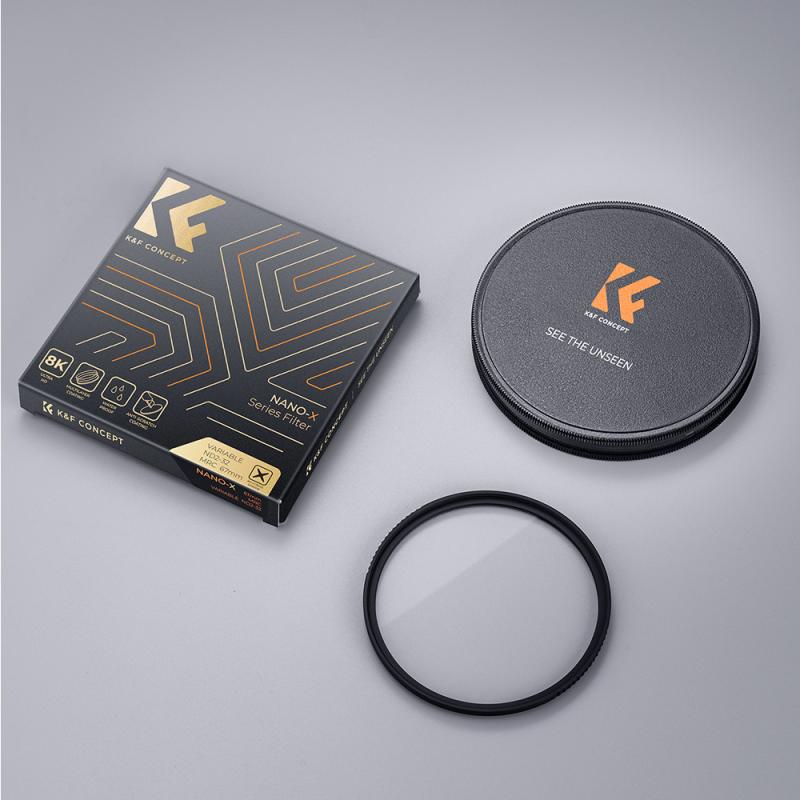


![Supfoto Osmo Action 3 Screen Protector for DJI Osmo Action 3 Accessories, 9H Tempered Glass Film Screen Cover Protector + Lens Protector for DJI Osmo 3 Dual Screen [6pcs] Supfoto Osmo Action 3 Screen Protector for DJI Osmo Action 3 Accessories, 9H Tempered Glass Film Screen Cover Protector + Lens Protector for DJI Osmo 3 Dual Screen [6pcs]](https://img.kentfaith.com/cache/catalog/products/us/GW41.0076/GW41.0076-1-200x200.jpg)
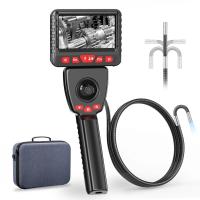


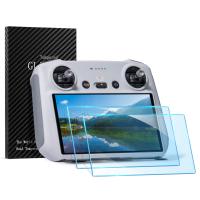
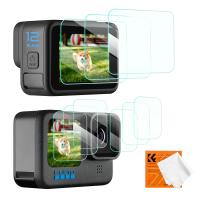
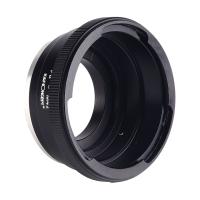
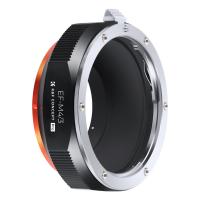
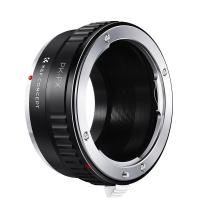
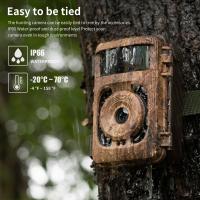
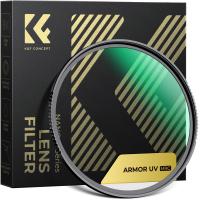
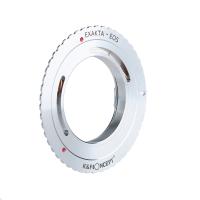
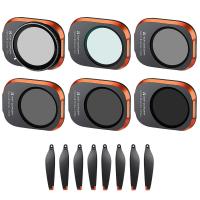
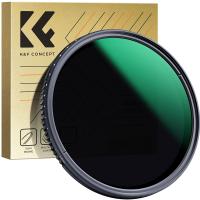
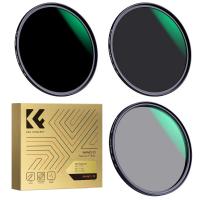
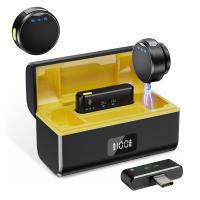
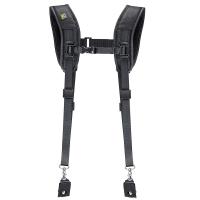
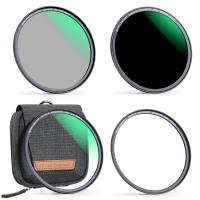


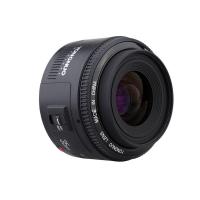
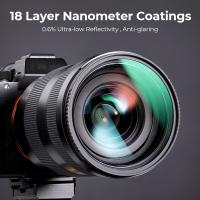



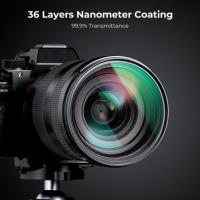
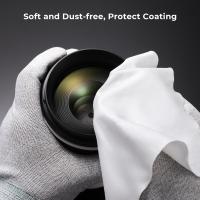
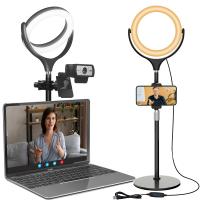
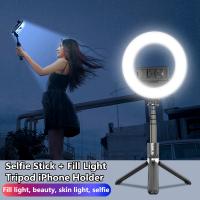







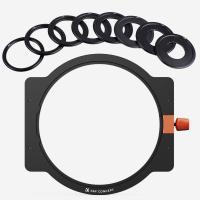
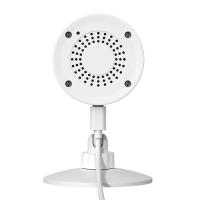
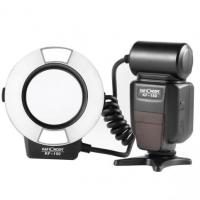
There are no comments for this blog.